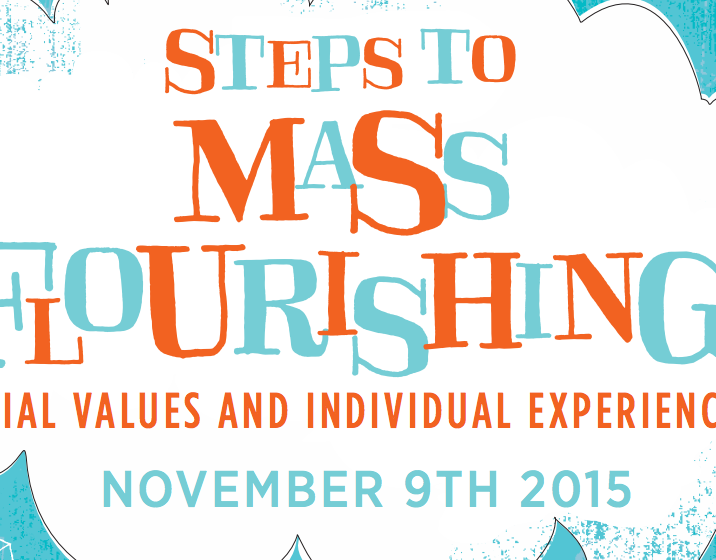Center's 13th Annual Conference on November 9th

The Center's 13th annual conference, Steps to Mass Flourishing: Social Values and Individual Experience, was held at Columbia University's Casa Italiana from 9:15 am to 6 pm on November 9th, 2015. The event was co-organized by Center director Edmund Phelps and Center members Richard Robb and Philip K. Howard. Participants included Saifedean Ammous, Philippe Aghion, Eric Bartelsman, Amar Bhidé, Matthew Bishop, Raicho Bojilov, Luigi Bonatti, Charles Calomiris, Ian Goldin, Emma Griffin, Jonathan Haidt, Anton Howes, Lewis Lapham, Catherine L. Mann, Stefano Micossi, Abigal Noble. Luigi Paganetto, Andrzej Rapaczynski, David S. Rose, Barry Schwartz, Brian Trelstad, and Gylfi Zoega. Peter Thiel served as luncheon speaker and Peter Jungen spoke at dinner. Please click here to see a full schedule.
Click here for video of Mr. Thiel's full remarks.
Still, he said that the great entrepreneurs do tend to speak about their endeavors in “the definite future tense.” While they’re often seen as risk-takers, he said, these entrepreneurs actually try very hard to anticipate and eliminate all of the uncertainties that could impede their business. “You don’t want to invest in people who are talking too much about probability or risks,” he said. “People who think they’re involved in some kind of lottery ticket dynamic are setting themselves up to get the probabilities wrong.”
Mr. Thiel went on to say that the best way to deal with “the luck that’s built into the nature of the universe” is to “try to model it and get the probabilities right.” Viewing success as dependent on luck can lead to “sloppiness” and “psyching yourself into losing.” “You talk about luck when you’re too lazy to think for yourself and you’re too lazy to think through the various contingencies,” he said. “So it’s a moral failing, not a metaphysical statement about reality.”
He also said that “the question of innovation is incredibly overdetermined.” “If you ask why is there not enough innovation happening, it’s hard to say why...You end up with learned helplessness, there are a lot of regulatory issues,” he said, noting that there’s been more innovation with computers because computers were less regulated than other industries. “We’ve somehow become a risk averse society,” he continued. “The paradox is [that] the external discussion of risk -- including by people who would like for us to take more risk -- is leading to a world with less risk. All the discussion of risk possibly gets heard as, ‘You should just take fewer risks.”
Mr. Thiel concluded by saying, “I’m a big fan of a return to human agency, where the question is not how you’re being buffeted by larger external forces, but how you will master chance and build a better world for tomorrow.”